Organizations investing in their people through cost-effective mentoring programs often see greater employee engagement and empowerment, job satisfaction and connection to the organization’s mission. Professional development is cited as the main reason mentees participate in a mentoring program. Mentees also note greater loyalty to their company and overall job satisfaction. Despite data proving mentorship programs are positive for all involved, a recent study by the Association for Talent Development revealed that only 29 percent of organizations have a formal mentoring program, while 37 percent support informal mentoring.
Mentees gain confidence, take greater risks due to encouragement and often earn promotions faster than others not participating in the program. Mentors gain additional leadership skills and may learn from their mentees, which makes them a more well-rounded employee and leader.
When building a formal mentorship program, organizations should begin by setting program goals (i.e. employee retention and successor training/identification). Once goals are defined, organizations should consider a variety of mentoring options to best suit the participants. Below are some mentoring options to consider and implement independently, or to add to a traditional one-on-one mentoring program. These options offer greater opportunity for more individuals to participate and many are less time consuming for potential mentors.
- Topical: Mentee and mentor meet as needed to discuss a specific and timely topic(s) (also called “flash” or “just-in-time” mentoring).
- Connections Group: Group developed upon specific topic or member affiliation (i.e., young professionals). Members cycle in and out over time. Mentees may have multiple mentors and peers mentor each other as well. One topic or multiple topics may be the focus of the group/meeting. Used for knowledge sharing and support.
- Group Mentoring: Single mentor provides expert advice to a group of mentees at the same time. Mentees also learn from one another in the group.
- Peer Mentoring: Co-workers supporting each other. One might possess skills in one area that the other may not. Often used to learn new technical/tactical skills.
- Reverse Mentoring: Junior mentees teach experienced leaders about new digital technology, social media, consumer preferences, etc.
- Job Shadowing: An informal way to avoid overwhelming commitments beyond the time investment. Can be conducted for as little as a few hours to allow mentee to be a part of select meetings or over multiple days for a more expansive experience.
- Round Robin Interviewing: Mentee meets with a variety of experienced leaders from cross-functional areas for one hour, asking questions about their roles and experience. Allows mentee to learn about other areas of the organization without a large time investment for any one mentor.
Identifying mentee goals is also key to driving a successful mentoring relationship. If goals are set in advance, a more appropriate mentor can be identified as being strong in one of the identified goal areas. The mentee goals should also be used as a guide for all future meetings and check-ins, giving the relationship structure. Successful traditional mentorship programs also employ the following tactics:
- Mentors and mentees training sessions, providing them with tools for successful communication and connection
- Program specifics and participation expectations, such as length of engagement, meeting guidelines, roles of each party and supporting resources
- Simple progress tracking to align with mentee goals
- Executive leadership support
- Regular assessment of program effectiveness connected back to the organizational goals initially set in place
- Promoting the program internally to build excitement for current and future participants
Compass believes in helping people thrive and there is no better way than through mentoring and coaching. Please reach out to Compass at info@WeAreCompass.com and let us know how we can help you build an effective mentorship program to align with your organizational mission and overall goals.
Sources:
“Leadership & Navigation: Mentoring That Matters,” HR Magazine, May 2018
Association for Talent Development Research, November 2017


